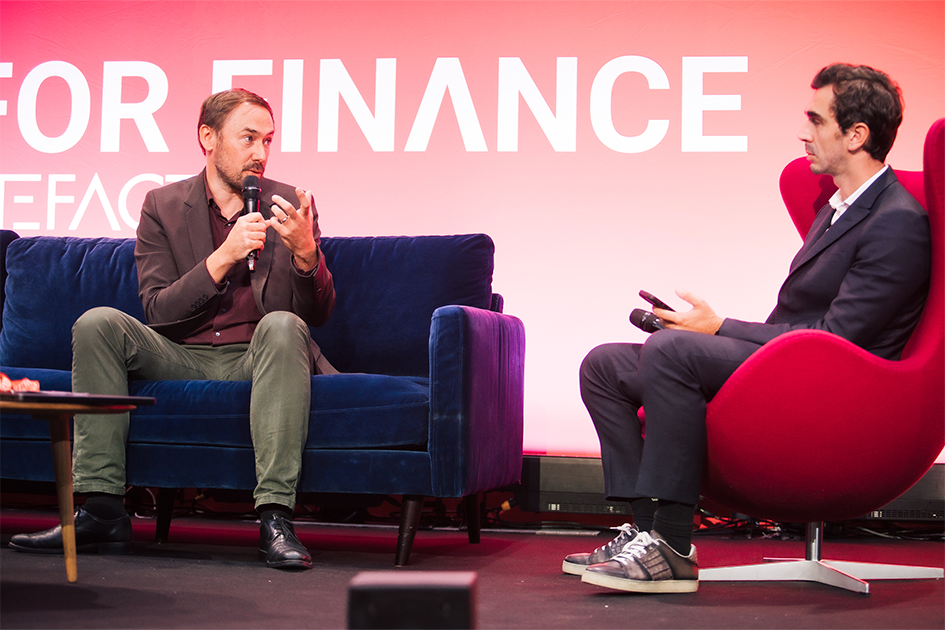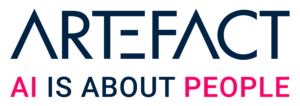AI for Finance Summit by Artefact - September 17th, 2024 - Paris
Key learnings from the discussion between Pierre Van Ingelandt, Digital Officer – Head of Innovation at TotalEnergies Trading, and Lorenzo Croati, Partner at Artefact.
Introduction
The video discusses the use of Large Language Models (LLMs) in trading. TotalEnergies’ trading division, with 1,400-1,500 employees across global hubs, manages both oil trading and newer commodities like gas and electricity. The focus is on technological challenges arising from varying maturity levels in trading activities, shaped by the company’s multi-energy strategy.
Diverse maturity levels and digitalization challenges
TotalEnergies’ different trading areas exhibit varying degrees of digitalization. For example, oil trading uses IT systems dating back over 30 years, requiring point-to-point handling, while power trading is inherently more digitalized. These differences pose challenges, particularly in harmonizing roadmaps while attempting to unify the systems across the trading division.
Introduction of Generative AI Agents
The roadmap led to experimenting with Generative AI agents to inspire adoption within business units. Two use cases are now in production: one for pre-deal information access and decision-making, and another for post-deal anomaly detection. The first is a new decision-making tool, while the second improves an existing machine learning solution.
Collaboration and ideation process
The use cases were initiated through a collaborative process driven by the innovation team. They held workshops and presentations to inspire business units and generate ideas. Teams with an interest in generative AI, particularly in middle-office operations, actively followed developments like ChatGPT and contributed ideas. This collaborative spirit enabled the rapid ideation and adoption of use cases, supported by technological partners like AWS to develop pilot projects.
Advantages and challenges of LLM use cases
The AI agents have added value to business functions but come with challenges. Business teams now need to actively train and enhance the agents. TotalEnergies has created mechanisms for teams to provide instructions and feedback. Adoption varies, with some areas embracing the technology quickly, while others take more time. Digital champions in each team help drive this adoption.
Adoption, training, and preparation of teams
The development and deployment of AI agents are largely done on the ground, with a mix of practical learning and more structured training. Technological teams face significant challenges in preparing IT systems for AI integration, requiring support and a shift in development paradigms. Generative AI changes how systems are designed, sometimes necessitating a “supervising agent” to manage specialized agents for different functions like web searches and data summarization.
Measuring ROI and key learnings
The anomaly detection use case shows clear ROI, as detecting costly anomalies is crucial, with LLM-based detection improving accuracy by 20%. ROI for decision-making tools is harder to quantify, often based on qualitative feedback about their usefulness and efficiency. Pilots take 1 to 3 months, depending on complexity and performance goals.
Future outlook and hackathon for new ideas
TotalEnergies is launching more initiatives, including a hackathon with Artefact to generate AI ideas for trading. Over 50 ideas were submitted, with plans to develop around ten promising concepts. Despite operational concerns, momentum remains high to identify and implement valuable AI applications, aiming to showcase more projects next year.

 BLOG
BLOG



